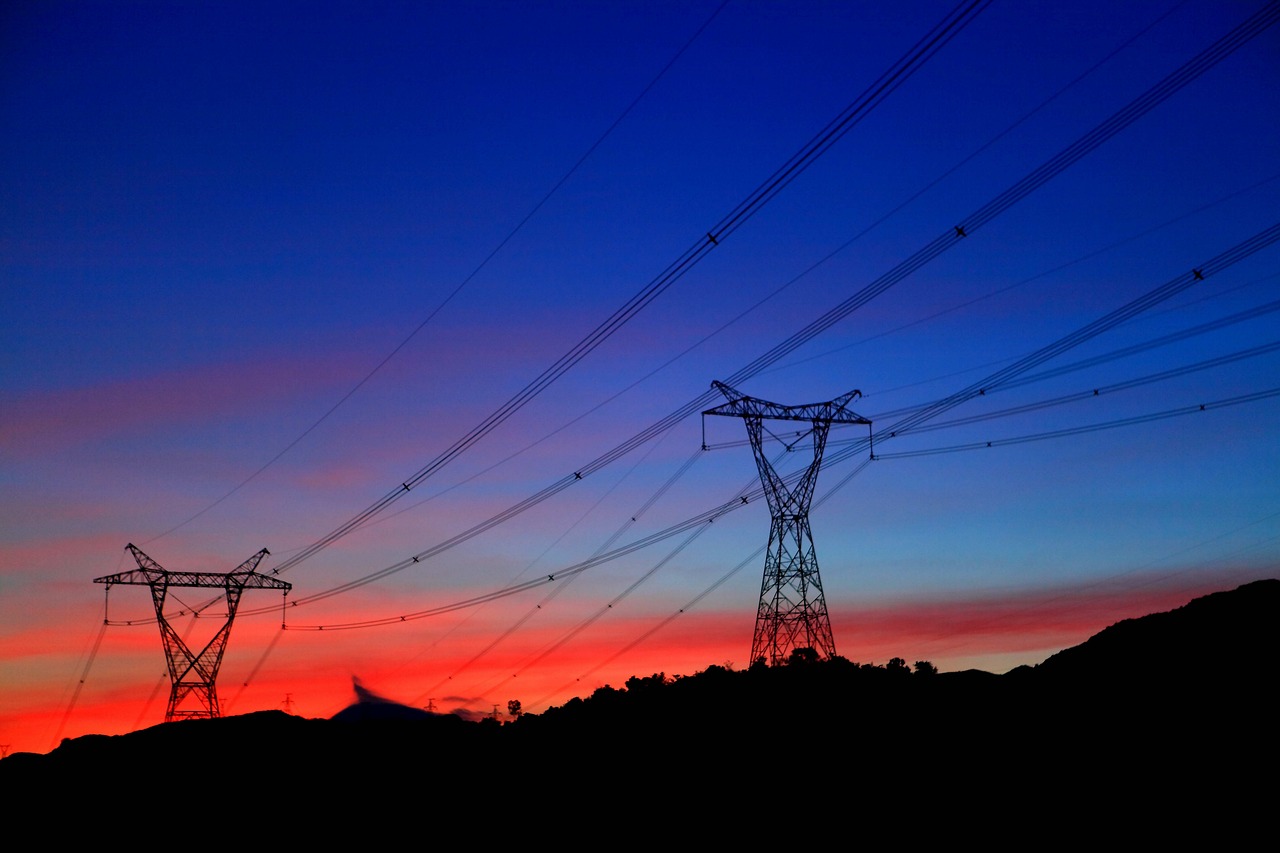Burning gas, is more efficient, but then there are numerous transmission losses etc., which are inescapable, which brings the efficiency way down below ICE as a method of propulsion. If your aim is to burn gas efficiently, burn it in the ICE vehicle.
Grid transmission losses are actually very small.
Let's put some real numbers on it...
Gas-generated electricity in the UK produces 183 grammes of CO2 per kWh.
The latest UK Government Emissions factors 2024 can be used for accurately reporting the carbon impact of business energy use.
www.itpenergised.com
My car has averaged 3.4 miles to the kWh since I've had it.
So, I get 3.4 miles for 183 grammes of CO2.
As CO2 emissions are usually quoted in grammes per km, I'll multiply the mileage by 1.6 to convert to km, which gives me 183 grammes for 5.44km, or 33.6 grammes per km of CO2,
assuming 100% of our electricity is generated using gas.
Let me just leave that there for a moment..
34 g/km...
Now, the process of getting that electricity into the car isn't 100% efficient if I charge from home on AC. The charger and the car are about 94% efficient, so I'm going to factor that in, because it's only fair, so that's 35.8 g/km.
And then, of course, as Harry points out, we have the grid transmission losses to consider as well. Those are in the link above - the grid power factor. That's another 18 grammes per kWh, bringing my car's emissions to
39.1g/km.
So, just to recap. These are not some pie-in-the-sky WLTP "official" emissions drive cycle figures, these are actual real figures from real life day-to-day use by someone with quite a heavy right foot, driving a three-and-a-half hundred horsepower, 2 ton EV, using the absolute worst case figure of 100% gas-generated electricity... OK?
39.1g/km...
So, Johnny, Harry, anyone else who fancies the challenge...
what sort of ICE car can I get that gives 40g/km in real life use? Any takers?
Oh, and since you're so hung-up on grid transmission losses in getting the electricity from the power station to my house, you will, of course, play fair and also add-in the CO2 emissions for getting the petrol or diesel from the refinery to the petrol station and up into your tank, won't you?

(I'll let you off the CO2 emissions for actually refining the stuff before you even get to the point of burning it, shall I)?



